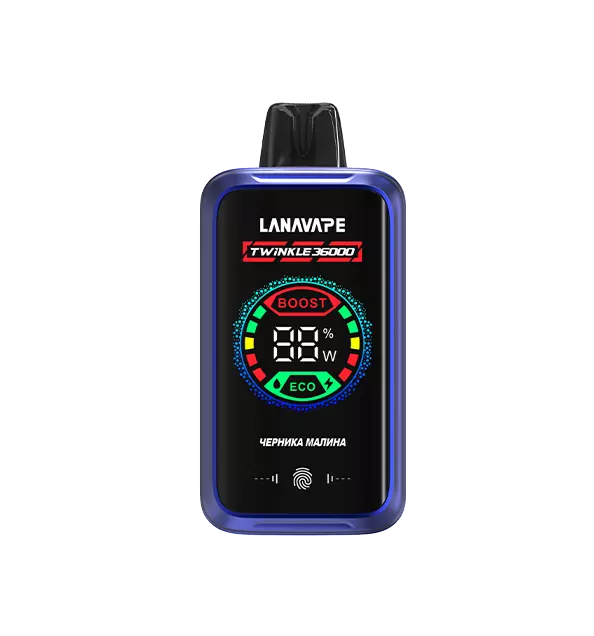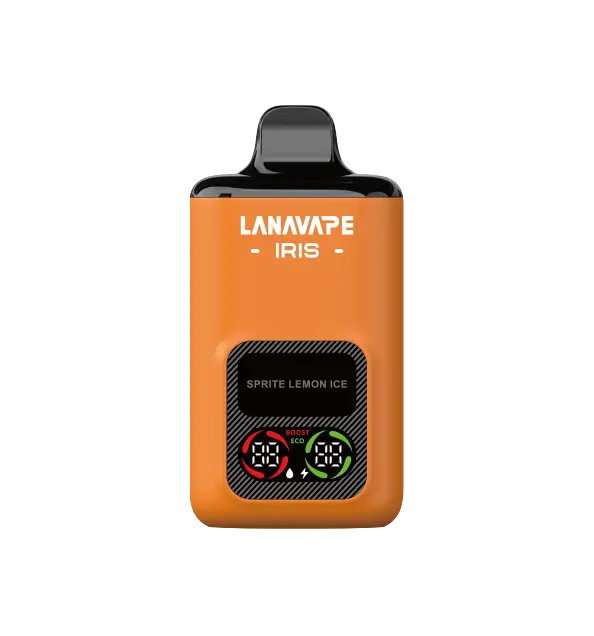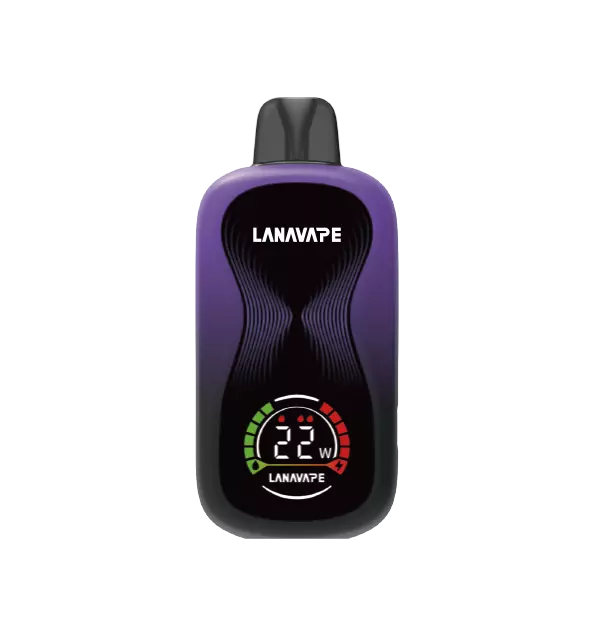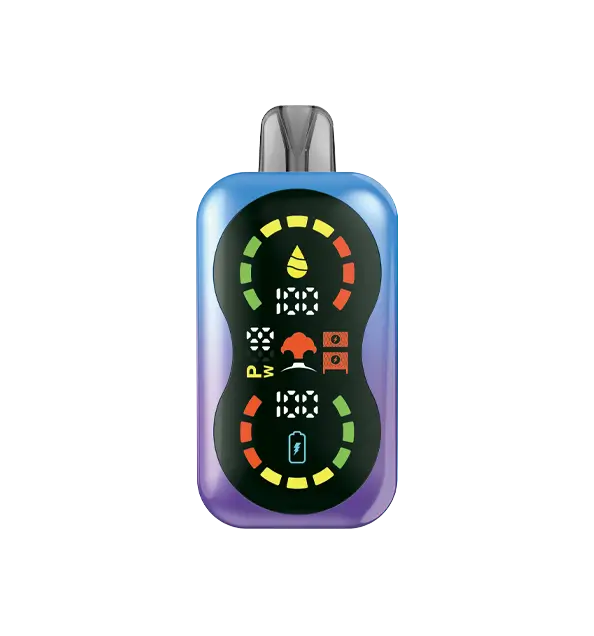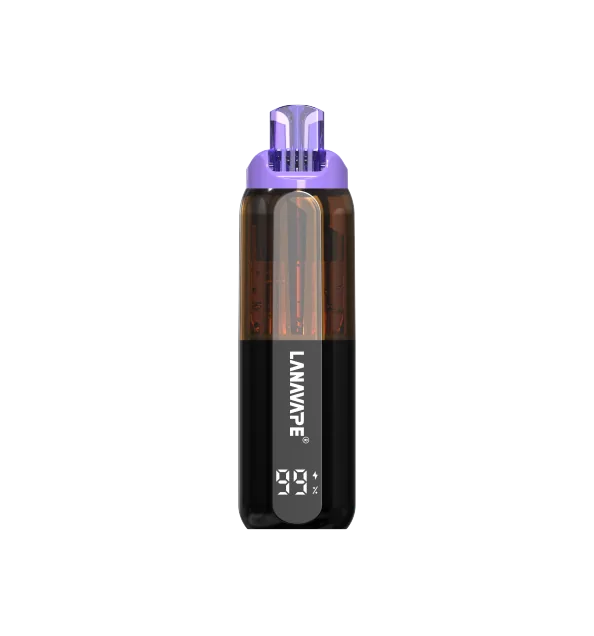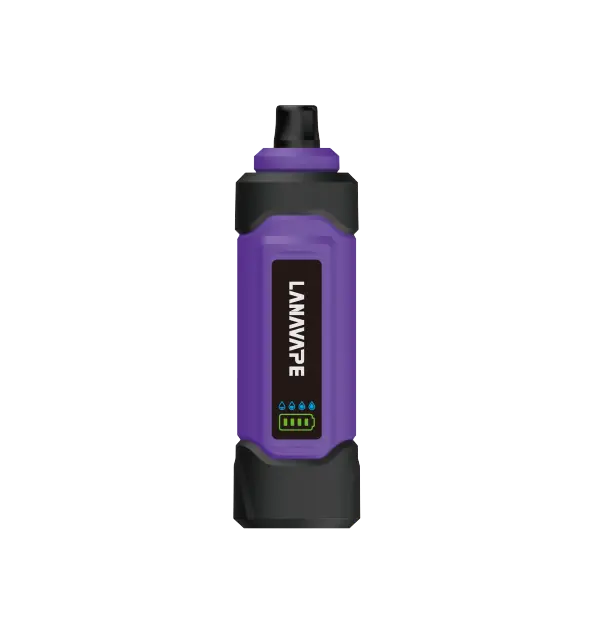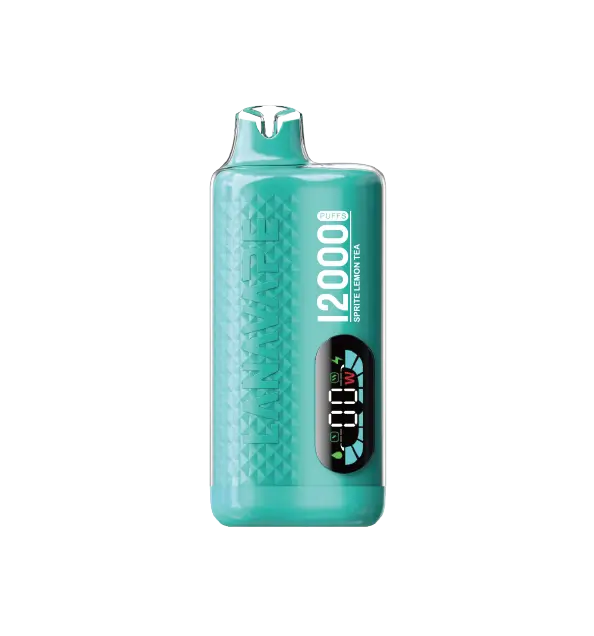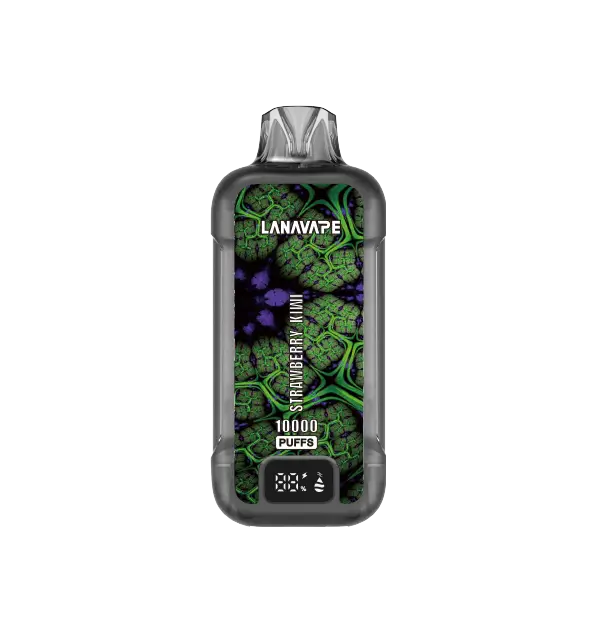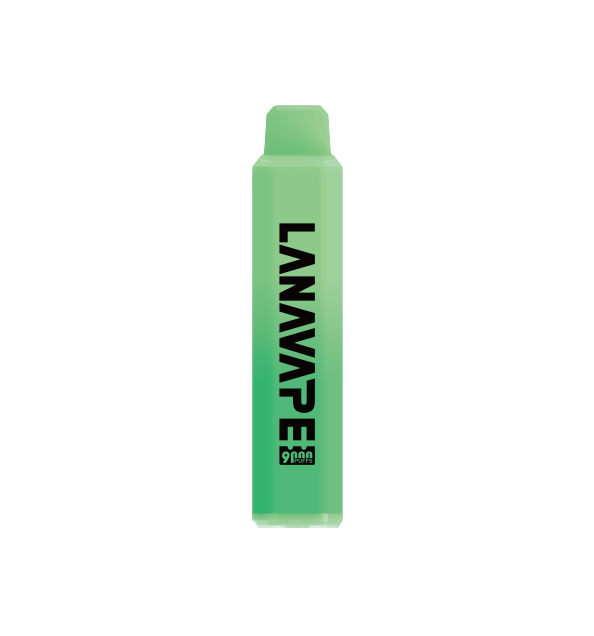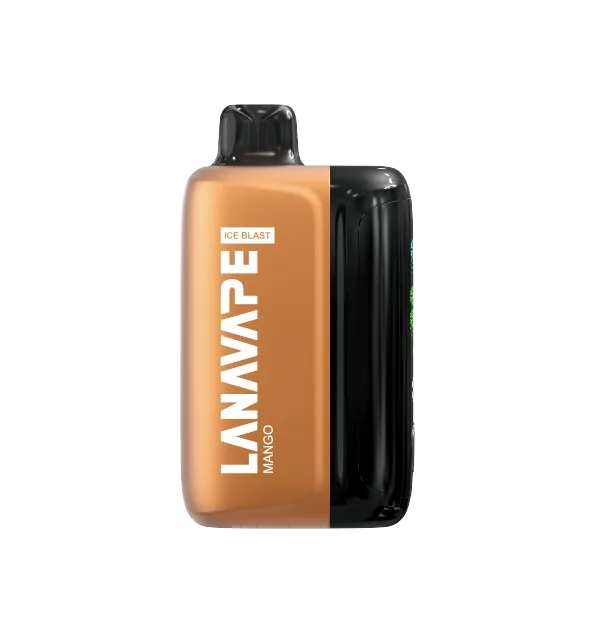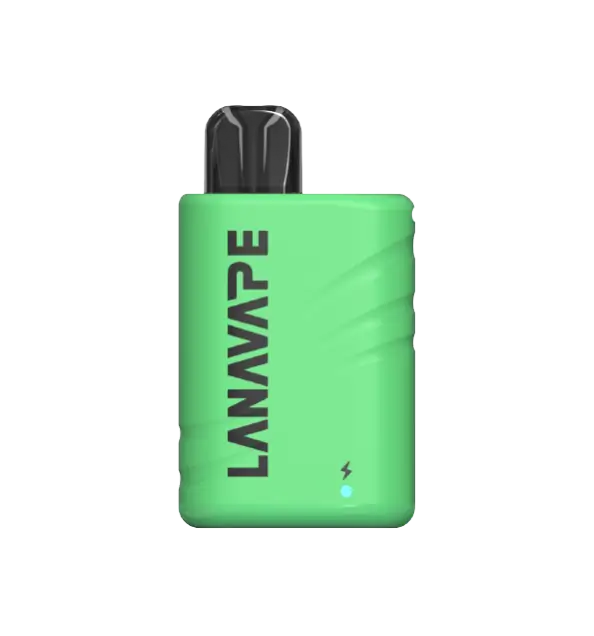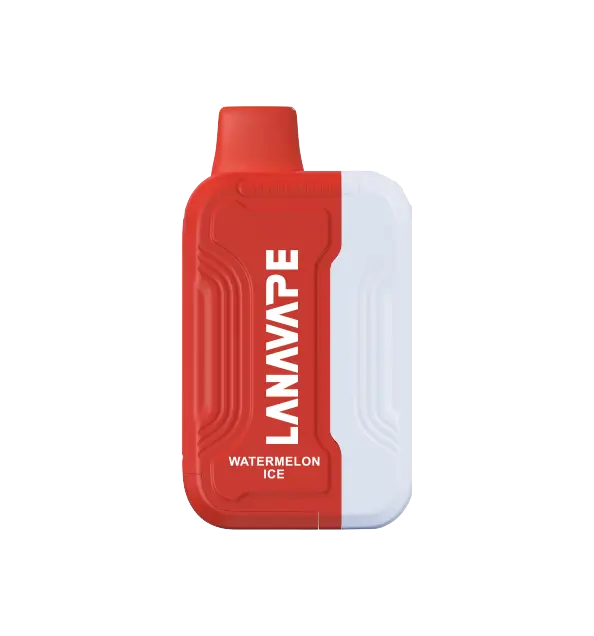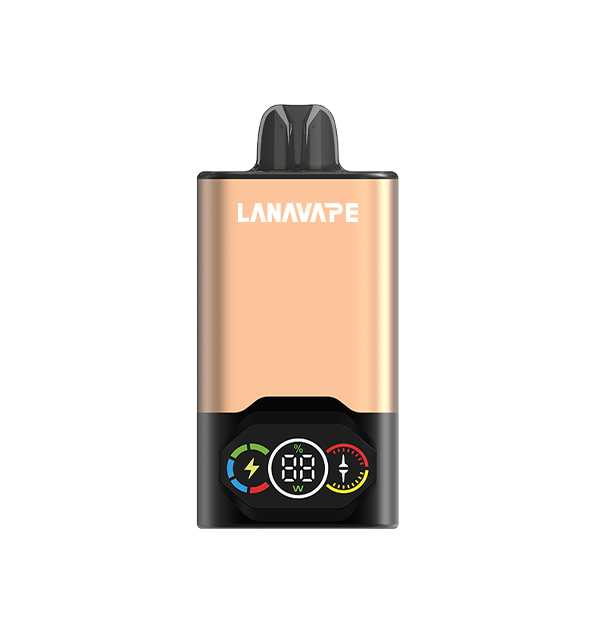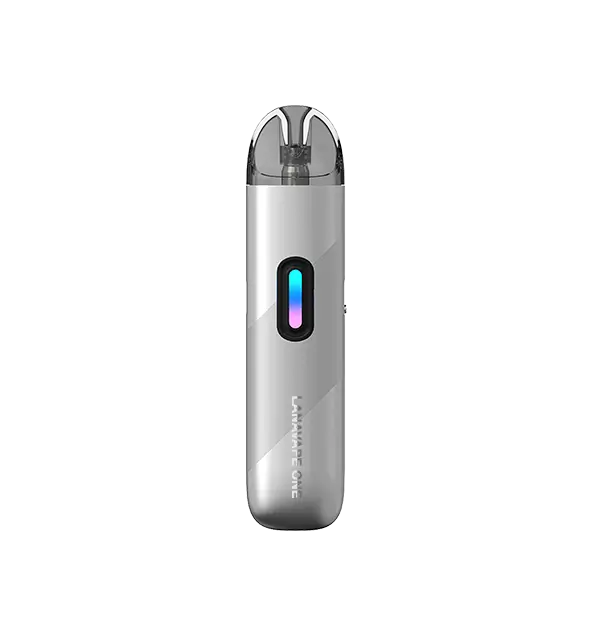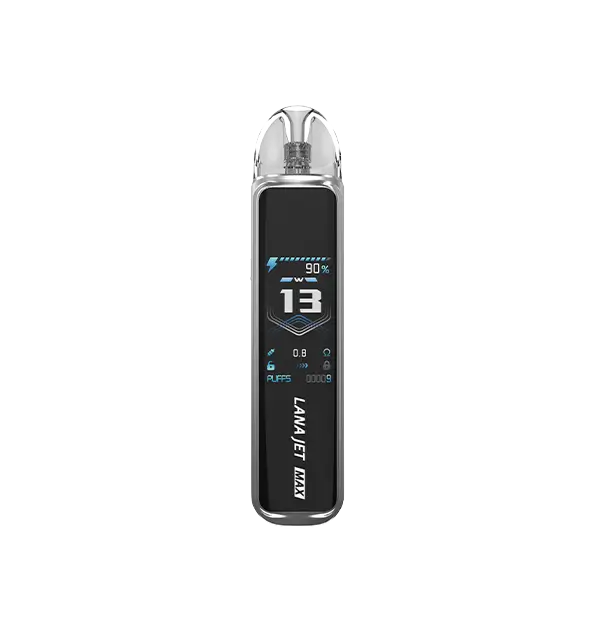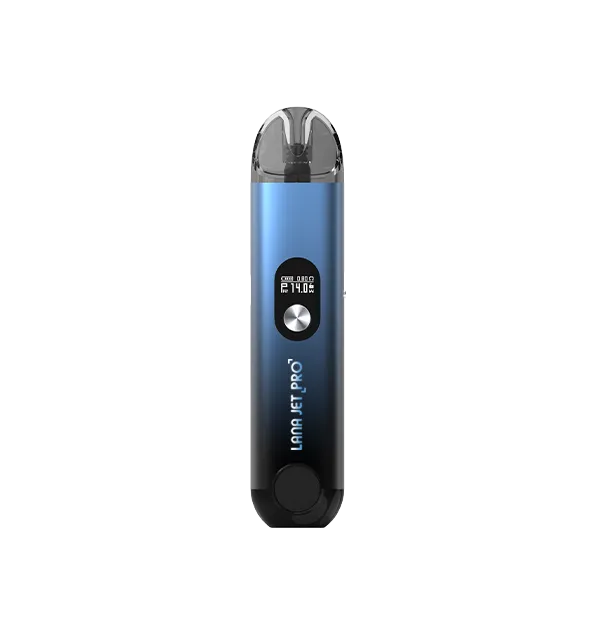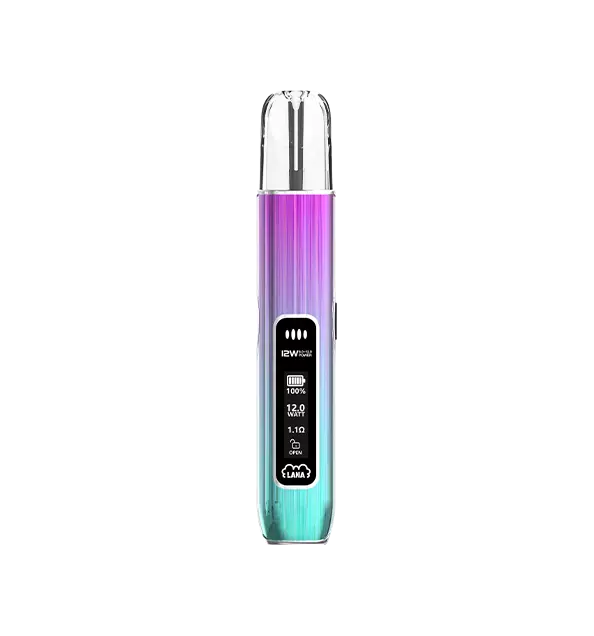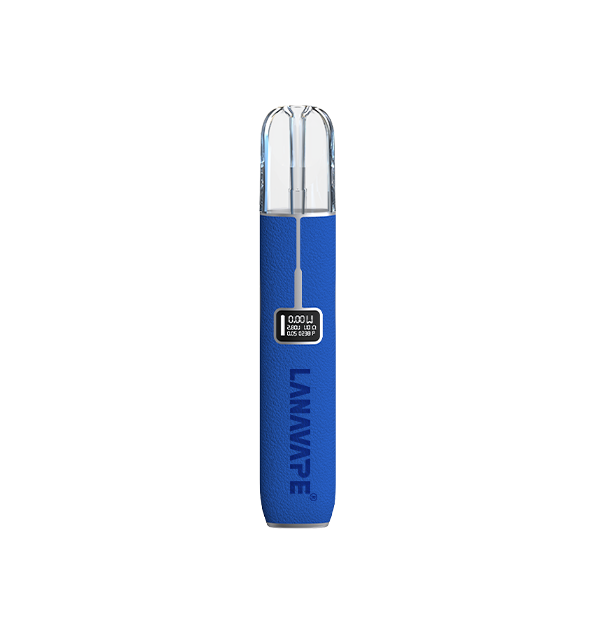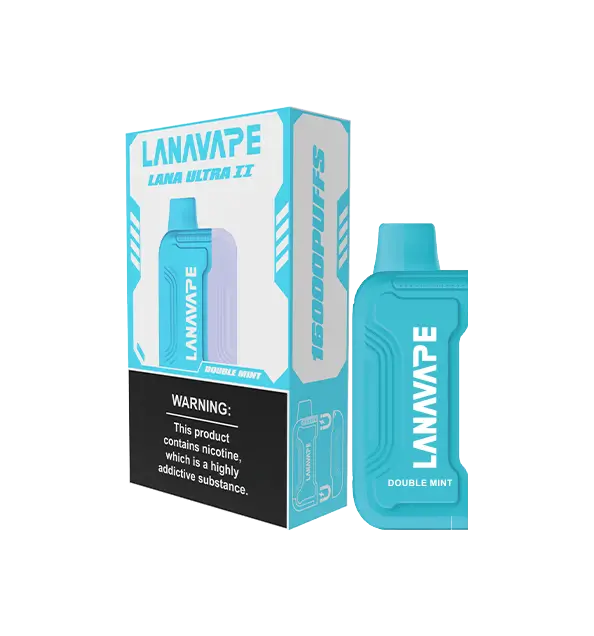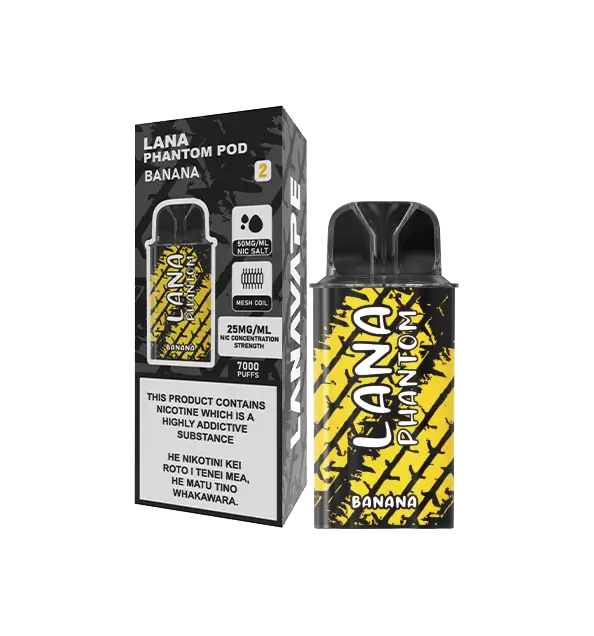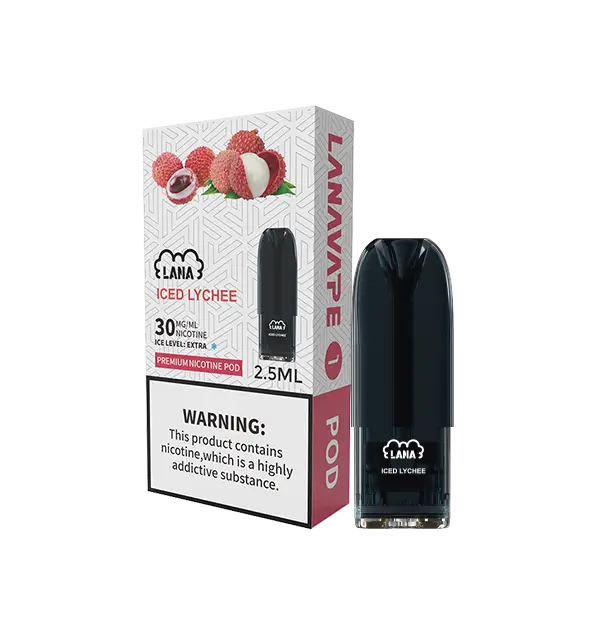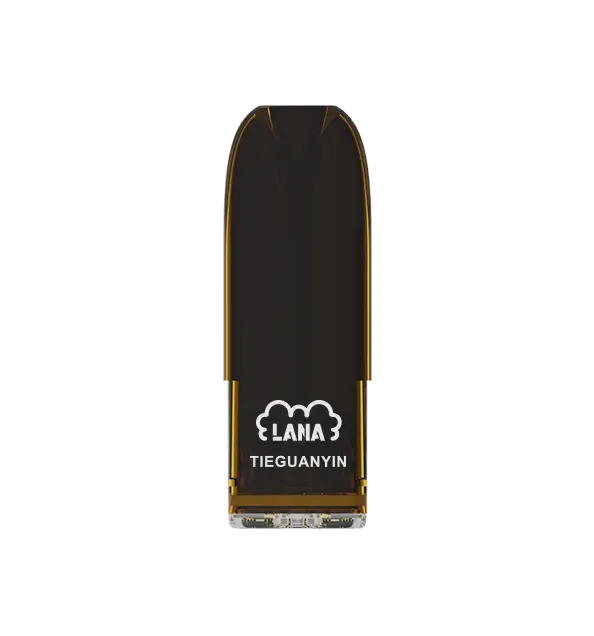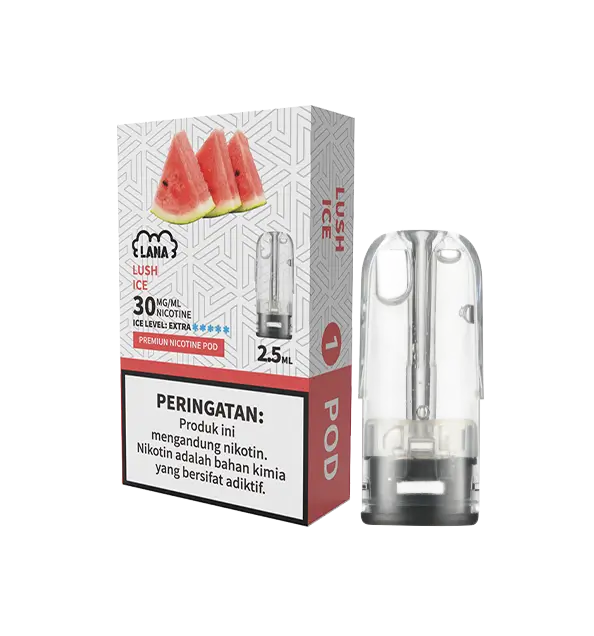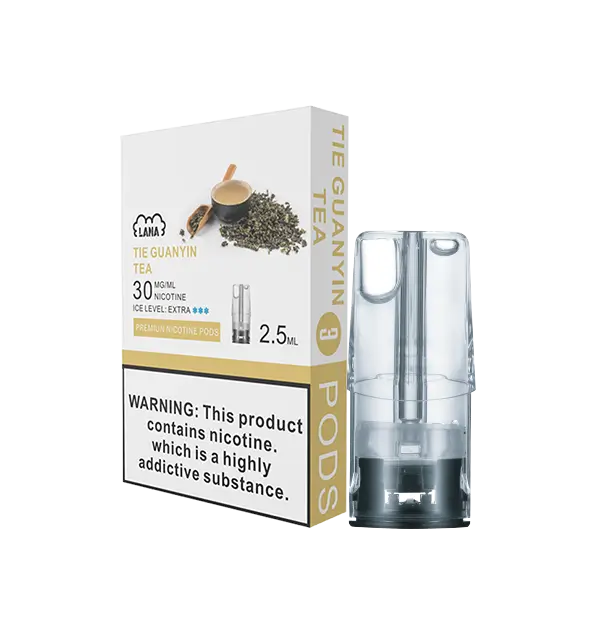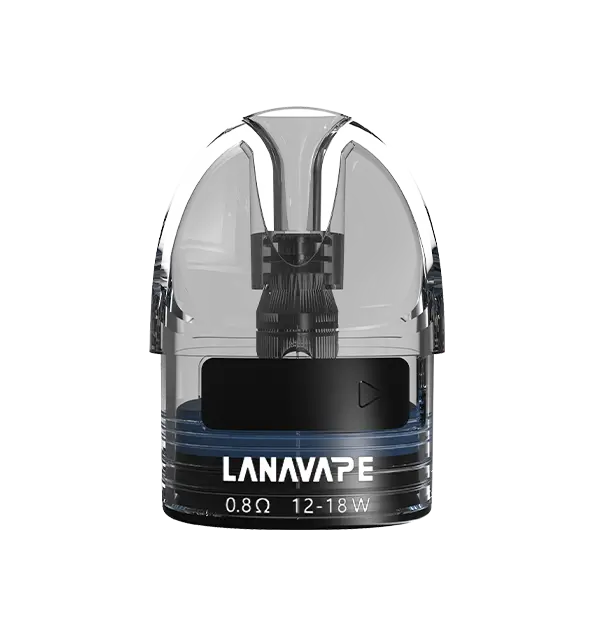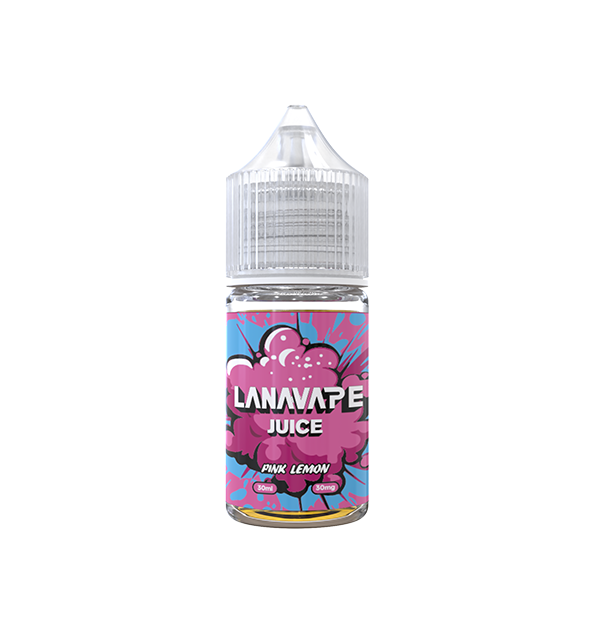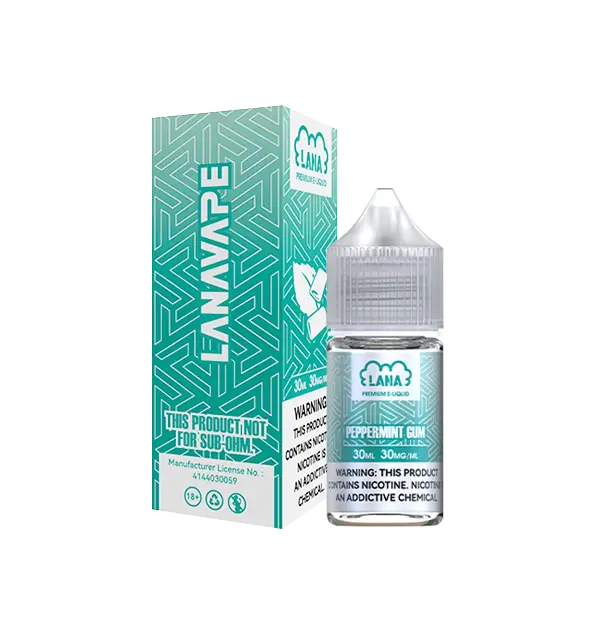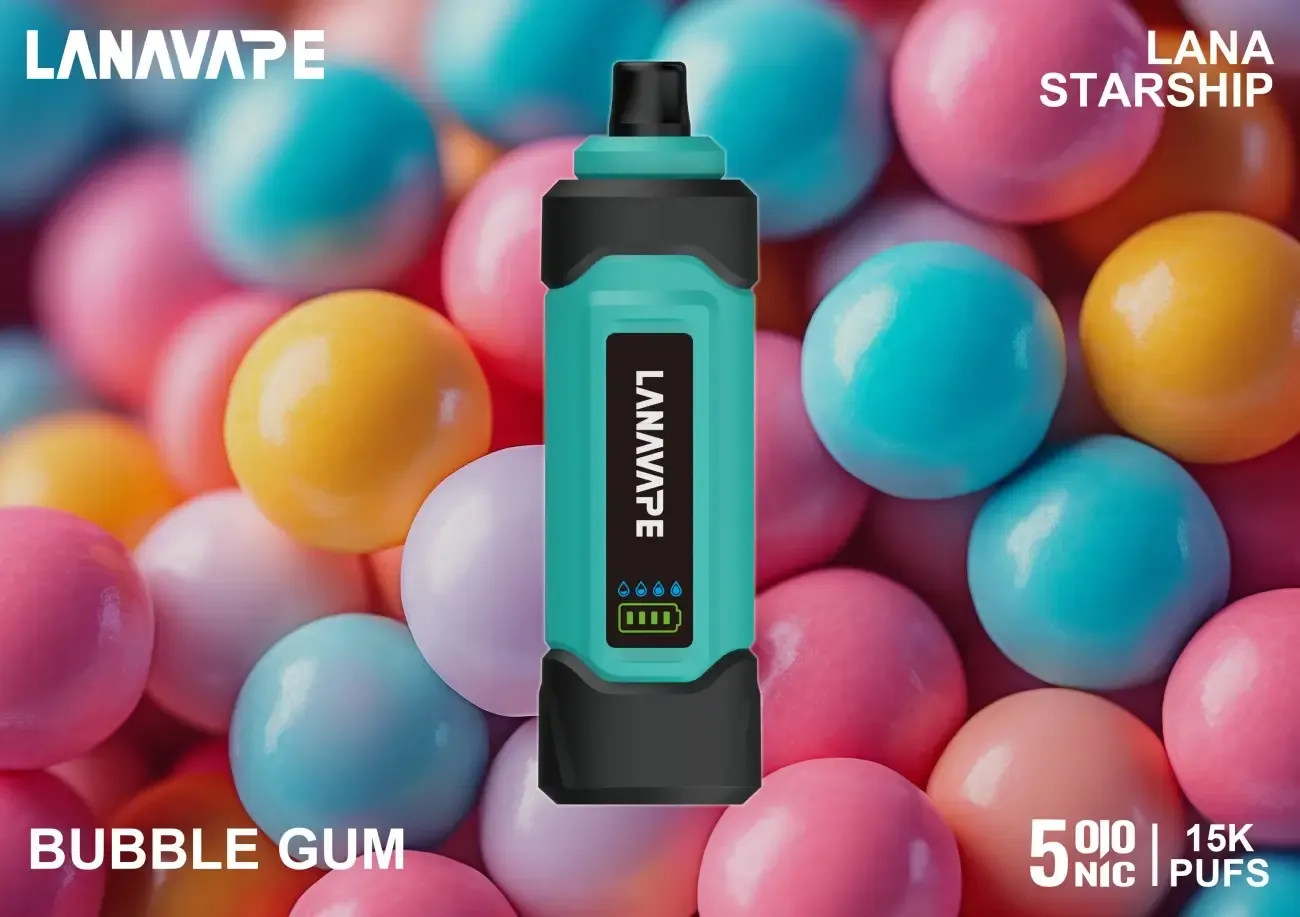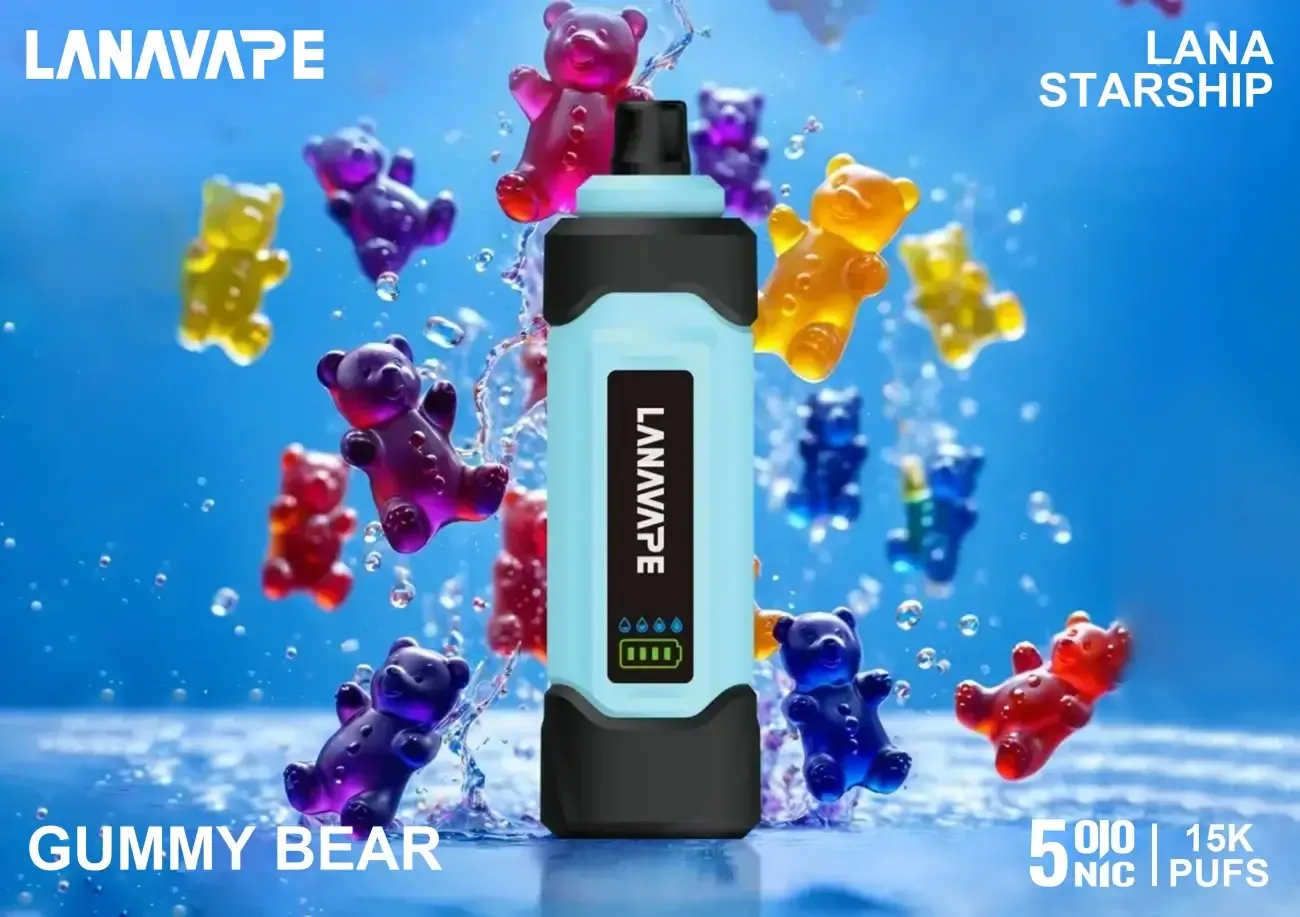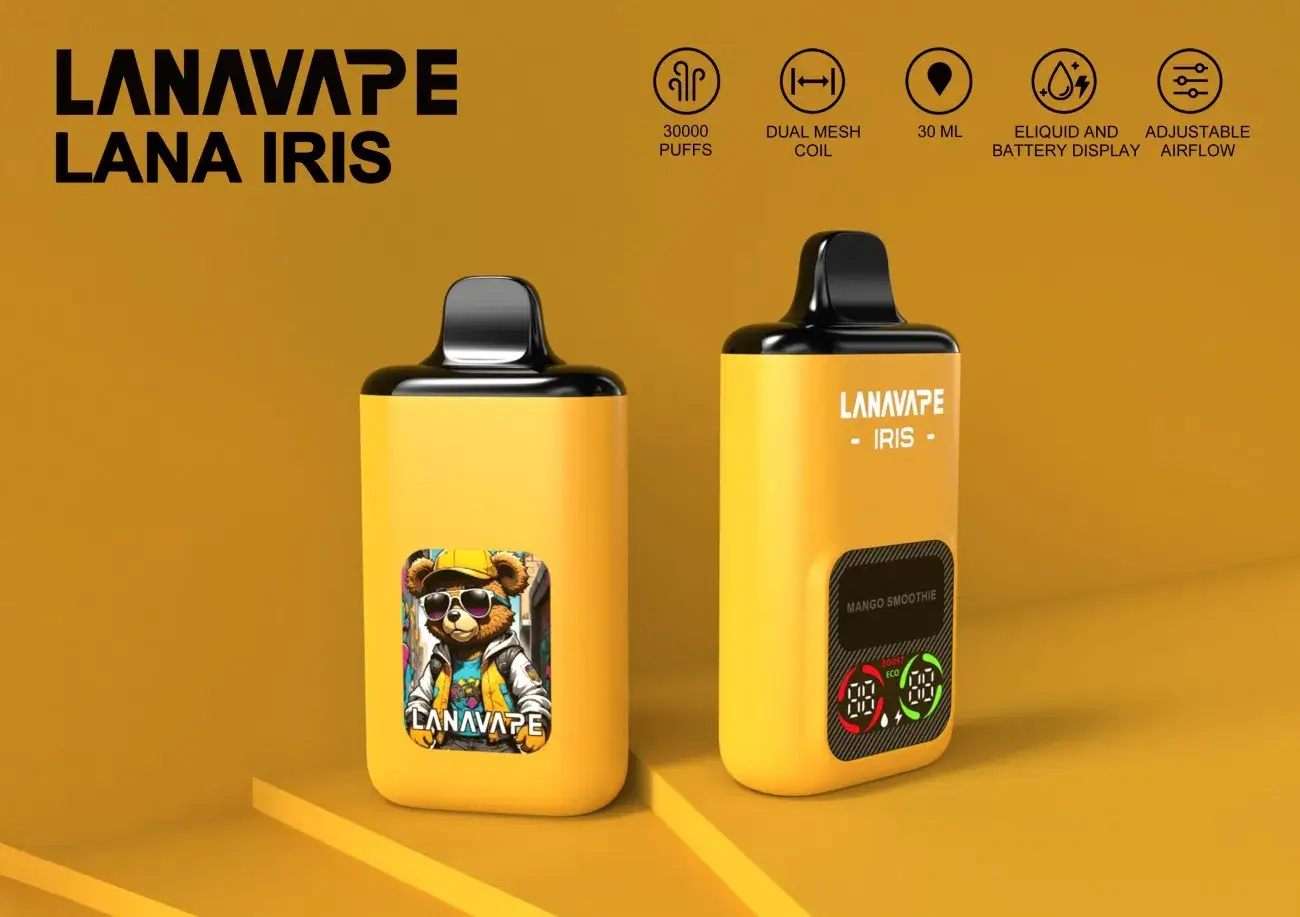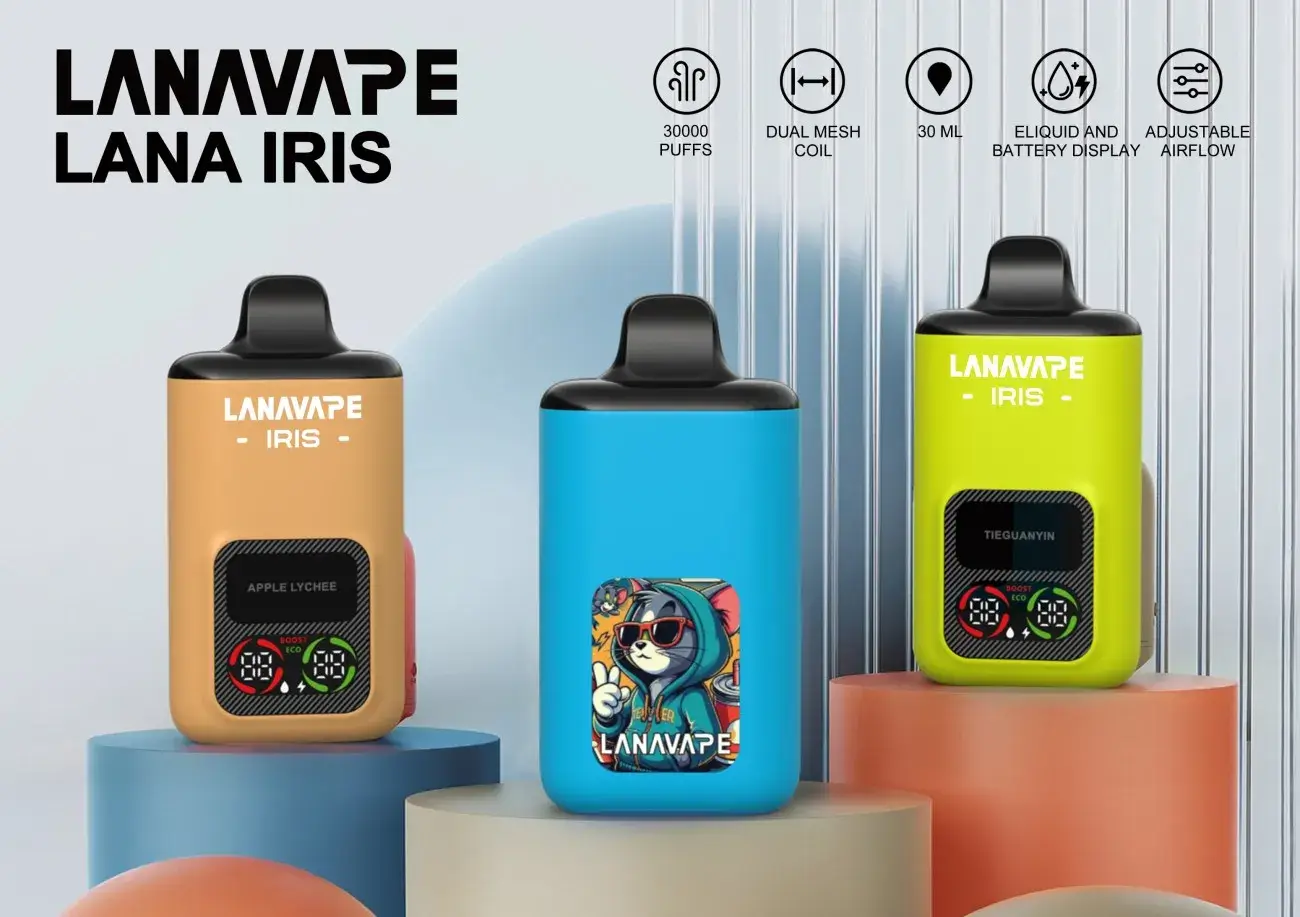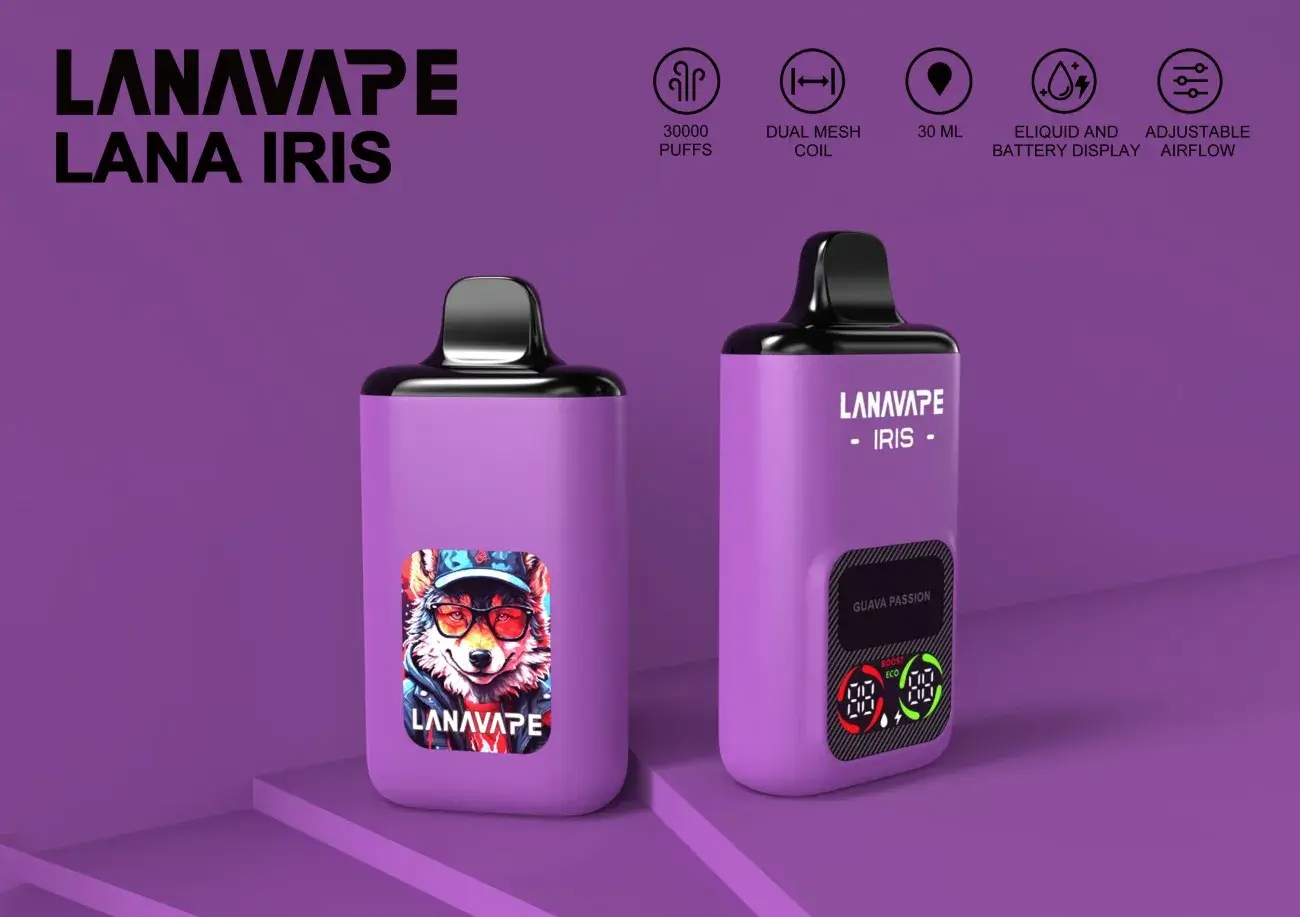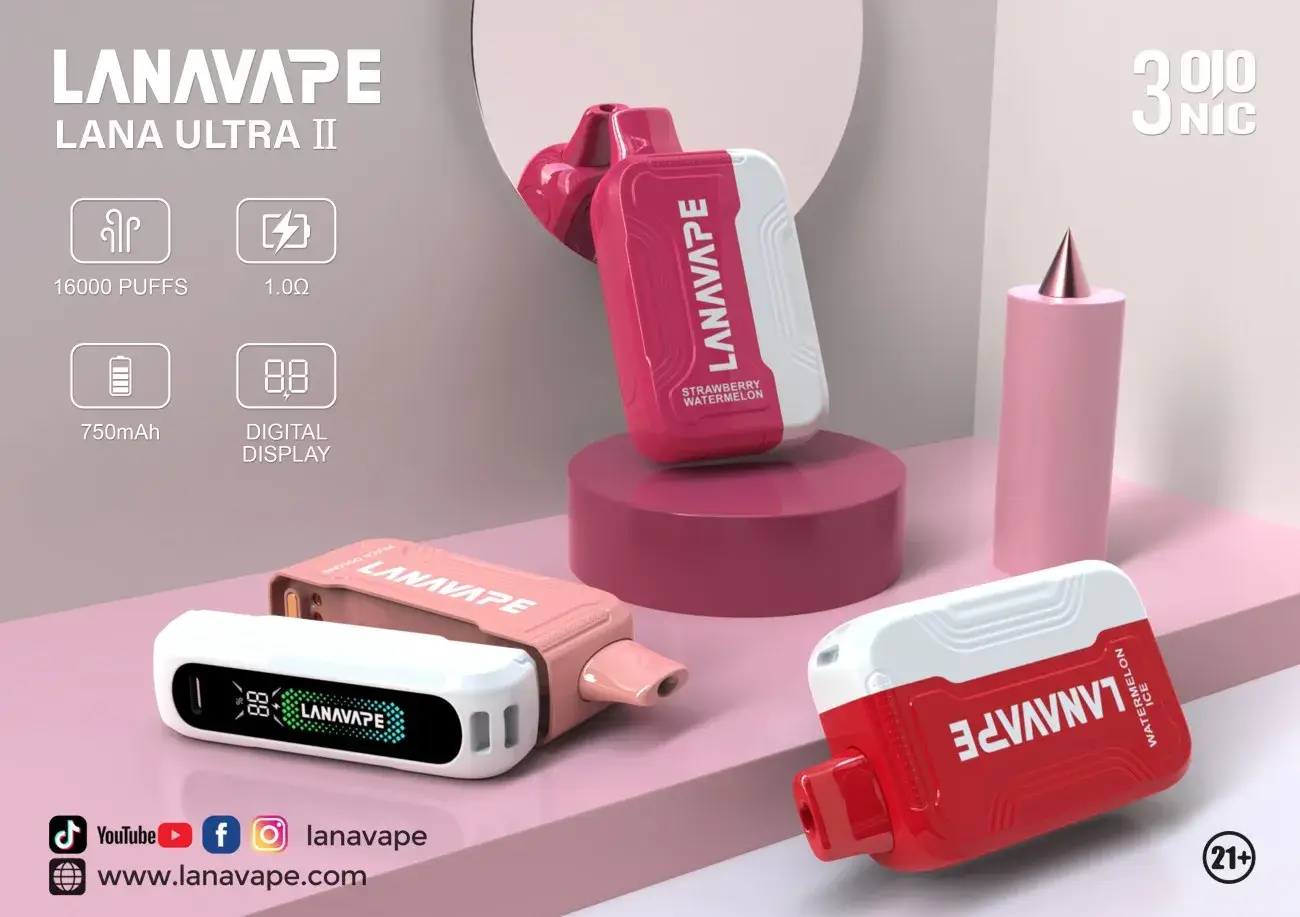
As a substitute for traditional cigarettes, disposable vapes are not only healthier but also have rich flavors. They have always been favored by many people. However, many users have found that using disposable vapes sometimes not only does not refresh but makes them more tired, especially after high-intensity use. In fact, this is a normal physiological phenomenon. Don't worry too much. After reading this article to understand why you feel tired when vaping, make the right adjustments quickly. This situation will soon disappear, allowing you to continue to enjoy the deliciousness and relaxation of vaping with peace of mind.
Why Does Vaping Make You Feel Tired?
Many people will have a strange feeling after vaping: they originally wanted to refresh themselves, but they ended up being more tired. This is not an illusion of your own, but a real phenomenon. To find out the reason, we have to start with the mechanism of action of nicotine and the response of the human body. Fatigue is usually not caused by a single reason, but the result of multiple factors. Only by understanding the principles behind these can we better find the "culprit" that makes you tired and find a more suitable adjustment method for yourself.
Nicotine mechanism of action
Nicotine is the core ingredient in disposable vapes, and its function is actually quite complicated. At the beginning, when you inhale nicotine, it will quickly stimulate your nervous system, and the brain will release dopamine to produce excitement, making people feel more awake and energetic, just like taking a shot of "stimulant." But the problem is that this excitement will not last too long.
As time goes by, the concentration of nicotine in the body begins to decrease. When it drops to a certain level, the original sense of awakening will reverse and become tired, weak, and even a little distracted. This ups and downs are like riding an emotional roller coaster, and you will feel more and more tired.
Impact of sleep quality
Sleep is really important for physical recovery. If you still vape at night, you may be blocking yourself. Because nicotine itself has the effect of stimulating nerves, it will put the brain in a more excited state.
The result is that you toss and turn in bed, and you can't fall asleep for a long time. Even if you barely fall asleep, it is easy to wake up several times in the middle of the night, and it is difficult to enter a truly deep sleep. Over time, the quality of sleep will decline, and you will naturally feel dizzy and listless the next day, and you will not be able to get motivated.
Excessive frequency of use
If you vape too many times a day, it is easy to drag your body into an invisible pit. Nicotine is addictive. The more you vape, the more dependent your body becomes. Once the nicotine concentration in the blood begins to drop, the body will immediately sound an alarm: you may feel irritable, listless, or even tired and sleepy.
This state is like "withdrawal," so many people will subconsciously pick up their disposable vape again, thinking about relieving it. As a result, they vape more frequently, the body becomes more dependent, and the vicious cycle begins, and the fatigue becomes more and more severe.
Individual difference factors
Everyone's situation is different, and there are also large differences in sensitivity to nicotine. Some people may be naturally sensitive to nicotine, and even if they inhale a small amount of it, they will feel tired after using it. This is a normal individual reaction, just like some people are allergic to certain foods—it is a natural reaction of the body.
Which Vape Juice Ingredients May Cause Fatigue?
Vape juice might look simple, but its ingredients play a big role in how your body responds to vaping. Generally, it is mainly composed of several basic substances, but each ingredient has different effects on the body. Some ingredients may inadvertently affect your mental state, making you feel more tired after vaping.
Understanding how these ingredients work can help you choose products more intelligently and avoid being drowsy all day because of the wrong vape juice. After all, vaping is to relax, not to be more tired.
Nicotine
As the main active ingredient of disposable vapes, nicotine has a very complex mechanism of action. It activates nicotine receptors in the brain to increase dopamine levels in the short term, thereby making people feel excited and happy. However, this effect is short-lived. When the nicotine concentration drops, the neurotransmitter level will drop quickly, just like a balloon suddenly deflated, causing fatigue and inattention. This is the main cause of fatigue and the culprit for many users feeling sleepy after vaping.
Propylene Glycol (PG)
PG is mainly used in vape juice to produce a throat hit, giving users a stimulating feeling similar to that of traditional cigarettes when inhaling. However, some users may be sensitive to PG. Long-term inhalation of vape containing PG may cause slight irritation to the respiratory tract. This irritation causes the body to consume extra energy to cope with it, just like the body is constantly fighting a small "battle," which indirectly leads to fatigue. Moreover, PG may also cause discomfort symptoms such as dry throat and coughing, further affecting the user's experience.
Vegetable Glycerin (VG)
VG is a key component of vape juice to produce dense vapor, allowing you to see the thick cloud when you inhale, which is a visual enjoyment.
However, too much vapor is not entirely a good thing. High concentrations of VG may slightly affect the oxygen exchange in the lungs. Just like a car engine without oxygen, the operation of human organs will also slow down, and it is easy to feel tired over time.
In addition, VG also has the property of hygroscopicity, which may dry the mouth and respiratory tract. This discomfort will also make you feel uncomfortable after vaping, indirectly increasing fatigue.
How to relieve the fatigue associated with vaping?
If you find yourself always feeling tired after vaping, don't worry too much—this is actually a problem that many people will encounter. The good news is that this fatigue can be completely relieved by adjusting your usage habits and choosing the right products.
Next, I will share with you a few practical tips to help you easily say goodbye to fatigue and enjoy a more comfortable vape session.
Adjust nicotine intake strategy
Everyone's body has different needs and tolerance for nicotine, so you should choose the appropriate nicotine strength according to your personal needs. For new users, it is recommended to start with a low concentration and gradually find the level that suits them. Just like tasting delicious food, you should taste it slowly and find the flavor that suits you best. At the same time, avoid frequent use of high-strength products in a short period of time. Give your body enough time to adapt to changes in nicotine levels, and reduce the fatigue caused by withdrawal reactions. You can make a reasonable vaping schedule to control the amount and frequency of each inhalation so that your body can gradually adapt.
Optimize the use schedule
The schedule for vaping is critical, especially don't vape within 3 to 4 hours before sleep, which will affect your rest and sleep quality.
You can choose to vape when you are in good spirits during the day, but don't wait until you are exhausted to rely on vaping to refresh yourself. That will be like putting another stone on the already heavy burden, and the fatigue will only be stronger.
It is recommended to vape in moderation when you rest after completing work or tasks, which can relax you without affecting the next state.
Improve respiratory adaptability
When you first start vaping, or change to new flavors or new products, the respiratory tract needs time to adapt to the stimulation of the vapor. You can take a small puff first—don't take a big puff right away. Just like learning to swim, you have to slowly feel the resistance of water in shallow water first.
In addition, choosing the right ratio of PG and VG is also critical. If you are sensitive to PG, it is best to choose a product with a higher VG ratio; if you like the kind of obvious throat hit with a "coughing feeling," you can add a little more PG.
Doing so can help you reduce respiratory discomfort, avoid feeling tired after vaping, breathe more easily, and feel more comfortable.
Control the frequency of use
Developing reasonable usage habits is the key to reducing fatigue. Don't always think about vaping at any time. Set an interval for yourself, such as using it again after a few hours, so that the body has a chance to rest and recover, and avoid fatigue accumulation.
Just like charging a mobile phone, you can't use it all the time without charging it. The body also needs time to "recharge." At the same time, try to find other ways to relax, such as exercise, listening to music, or reading. These can reduce dependence on nicotine in vapes and improve your mental state.
Conclusion
Fatigue after using disposable vapes is common, which is related to the mechanism of action of nicotine and individual differences. Most users can find a method that suits them to reduce fatigue by reasonably adjusting the usage method and choosing the right product. If you have any doubts, consult professionals in time. They can provide professional and personalized advice to help you vape better and protect your health.

